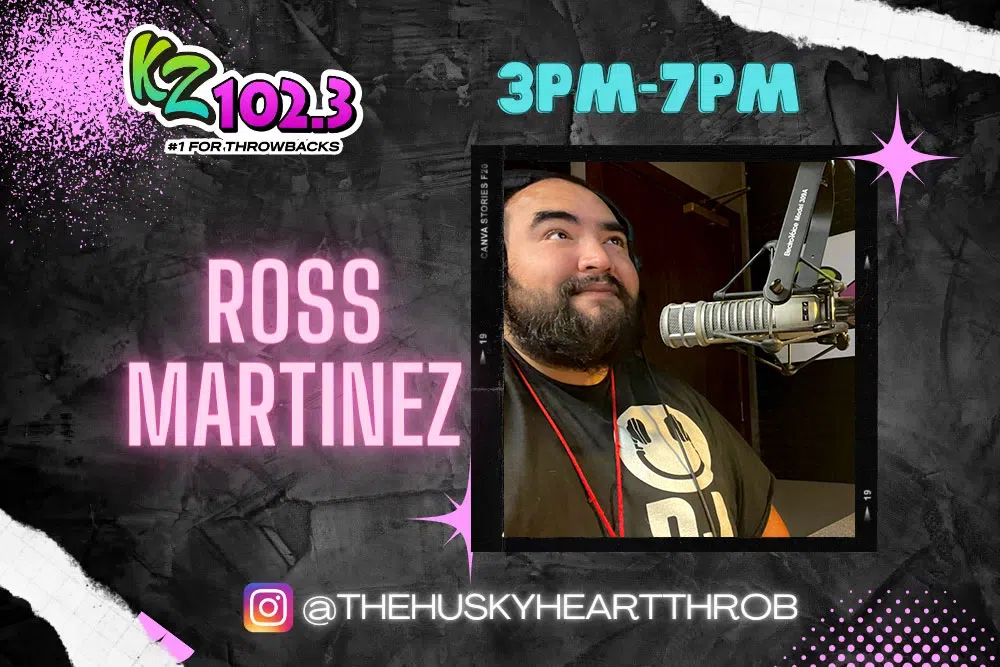By Tom Hals and Luc Cohen
NEW YORK (Reuters) – A legal battle over an arrested Palestinian activist and Columbia University student that has become a flashpoint of the Trump administration’s immigration policy will play out in federal court, with the U.S. government set to propose the next steps in the case on Tuesday.
U.S. District Judge Jesse Furman in Manhattan temporarily blocked authorities on Monday from deporting Mahmoud Khalil, 29, and scheduled a hearing for Wednesday. Furman asked lawyers for the administration to respond by Tuesday afternoon with their suggestions as to what he should do.
Khalil was arrested by Department of Homeland Security agents on Saturday in one of the first efforts by U.S. President Donald Trump to fulfill his promise to seek the deportation of some foreign students involved in the pro-Palestinian protest movement.
Khalil was an outspoken activist at Columbia University, which experienced some of the biggest protests against the war Israel launched against Hamas after the Palestinian group attacked Israel in October 2023 and killed more than 1,000 Israelis.
Trump publicly branded Khalil on social media as a “Radical Foreign Pro-Hamas Student” and said more arrests would follow.
Demonstrators on the streets of New York City, the state attorney general and the American Civil Liberties Union have denounced the arrest as an attack on free speech.
Police and hundreds of protesters briefly clashed in lower Manhattan on Monday and at least one person was detained, according to a Reuters witness.
According to his lawyers, DHS agents initially told Khalil that his student visa had been revoked as they sought to arrest him outside his Columbia student residence. When his wife – who is eight months pregnant – told the officers that Khalil was a lawful permanent resident, the officials said his green card had been revoked as well, his lawyers said.
A green card permits a person to permanently reside in the United States and gives them the protections of the U.S. Constitution, including to free speech under the First Amendment.
Khalil’s lawyers have filed what is known as a writ for habeas corpus in Manhattan federal court asking the court to examine the legal grounds for his detention. They argued that his detention was illegal because it was retaliation for his role in protests at Columbia, which they say is political speech protected by the First Amendment.
The lawyers later asked Furman to order that Khalil be returned to New York. They said he was moved to a federal jail for migrants in Louisiana to make it more difficult for them to have access to him.
U.S. Secretary of State Marco Rubio said on X on Sunday that the government would be revoking visas and green cards of those supporting Hamas so they could be deported from the United States.
However, unpopular protests and speech are not grounds for revoking a green card, according to immigration law specialists. Green cards are usually revoked only after a person is charged and convicted of a serious crime. Khalil has not been charged with a crime.
(Reporting by Tom Hals in Wilmington, Delaware, and Luc Cohen in New York; Editing by Noeleen Walder and Mark Porter)


